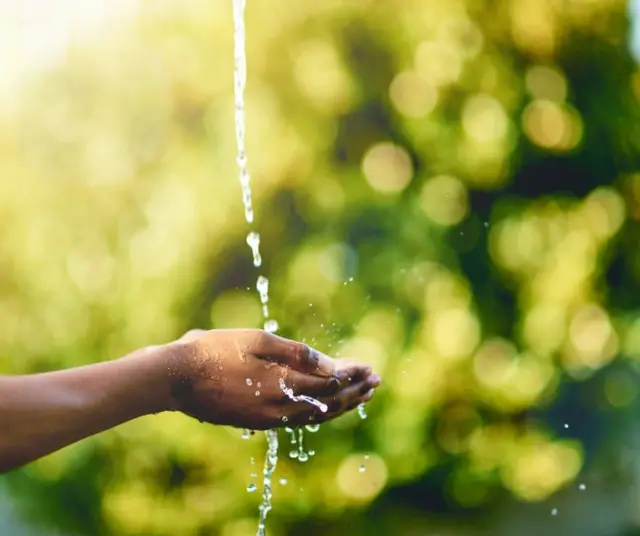Water is an essential resource for life and human development. However, excessive use and lack of conservation can put its availability and quality at risk, which affects not only people, but also ecosystems and biodiversity. Saving water is essential to guarantee its availability and sustainability in the long term.
Importance of saving water
resource conservation
Water is a limited resource, and its availability varies by geographic location and climatic conditions. In many parts of the world, water is scarce and difficult to access, making water conservation crucial. Saving water helps reduce the demand for this resource and guarantee its availability for future generations.
Environmental Protection
Water is essential for the survival of ecosystems and biodiversity. Rivers , lakes, and seas provide habitats for a wide variety of species and are important for ecological balance. The overexploitation of water and pollution can negatively affect these ecosystems and their biodiversity. Saving water and reducing pollution helps protect these ecosystems and biodiversity.
Energy saving
The production and distribution of water requires a large amount of energy. Saving water also means saving energy, as less energy is needed to treat and distribute water through water supply systems. Reducing the use of hot water in the home can also help reduce energy consumption.
Costs reduction
Saving water can also help reduce the costs associated with its use. Excessive use of water in the home, for example, can increase utility bills. Furthermore, the implementation of water conservation measures in agriculture, industry and other economic activities can reduce production costs and increase profitability.
How to save water
repair leaks
Water leaks are one of the main causes of wasted water. A single leak can waste hundreds of liters of water a day. It is important to regularly check the pipes and faucets in the home and fix any water leaks immediately.
Use efficient appliances
Choosing efficient appliances in the home, such as energy-efficient toilets, low-flow showerheads, and water-efficient washing machines, can help reduce water use. These appliances are designed to use less water without compromising performance.
Reduce time in the shower
The shower is one of the biggest consumers of water in the home. Reducing time in the shower and using low-flow showerheads can help reduce water use. You can also consider installing hot water recirculation systems in the shower, which allows for recycling of hot water and reduces the amount of water used.
collect rainwater
Collecting rainwater is an effective way to save water. It can be used for watering plants, washing the car, and other activities that do not require drinking water. Installing a home rainwater harvesting system can be a long-term investment that can save water and reduce utility costs.
Water the plants properly
Watering the plants properly is important to ensure that the plants receive the correct amount of water. Instead of watering the plants every day, it is better to water them once or twice a week, but making sure they get enough water. You can also consider installing drip irrigation systems, which allow for precise and efficient water delivery.
Avoid washing the car at home
Washing your car at home can be an easy way to save money, but it can waste a lot of water. Instead, you may consider taking the car to a professional car wash that uses low water consumption washing systems.
Be aware of the use of water in the kitchen
The kitchen is another area where you can save water. For example, you can wash dishes by hand with the tap turned off instead of letting it run continuously. You can also use your dishwasher efficiently by making sure it is full before using it and using the proper wash cycles.
Use sustainable farming practices
Agriculture is one of the largest consumers of water in the world. Implementing sustainable farming practices, such as drip irrigation and crop rotation, can help reduce the amount of water used in agriculture and increase water efficiency.
By being mindful of our water use and taking steps to reduce our water consumption, we can help ensure its availability and sustainability for future generations.
